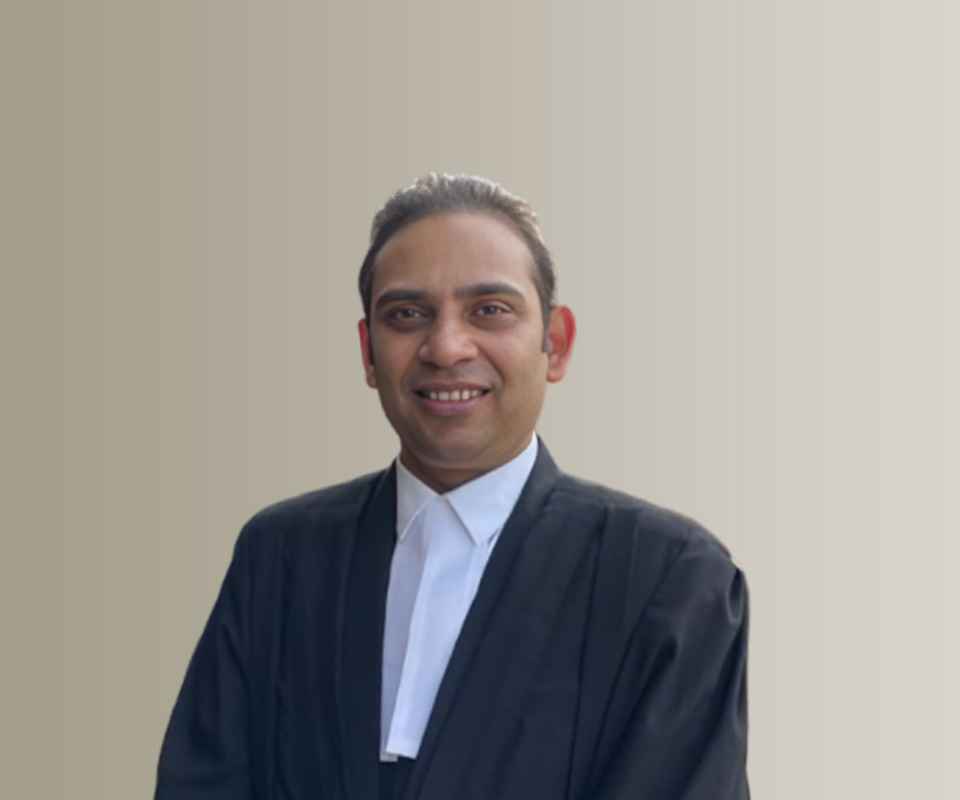Answer By law4u team
When a guardian’s ward requires immediate medical attention, the guardian has a legal responsibility to ensure that the ward receives the care they need. The guardian must act in the ward's best interests, taking the necessary steps to secure emergency medical treatment while also adhering to the legal framework surrounding medical consent.
Steps a Guardian Should Take in a Medical Emergency:
Assess the Situation:
In case of a medical emergency, the guardian should first assess the severity of the situation. If it is an emergency (e.g., a severe injury, sudden illness, or life-threatening condition), the guardian should not hesitate to seek immediate medical help. If the situation is critical, call emergency services (e.g., 911 in the U.S. or the local emergency number).
Provide Immediate Care (If Necessary):
If the guardian is trained or able to provide basic first aid, they should attempt to stabilize the ward while waiting for professional medical help. For example, administering CPR, controlling bleeding, or ensuring the ward is in a safe position could be vital in some cases. If the guardian has medical knowledge or training, they may be able to offer initial treatment before medical personnel arrive.
Ensure Prompt Transportation to a Medical Facility:
If the ward’s condition requires it, the guardian should ensure that the ward is transported to a hospital or medical facility without delay. In some cases, emergency services will arrange for transportation, but if not, the guardian should use their own means or ambulance services.
Provide Medical Consent (When Required):
Medical consent is a key responsibility for guardians. If the ward is a minor or someone who cannot legally consent to treatment due to their age, disability, or condition, the guardian generally has the authority to provide consent for medical treatment on the ward’s behalf. In cases where the ward is incapacitated or unconscious, the guardian has the right to make medical decisions, assuming they are legally appointed with the authority to act as a health care proxy. However, if the ward has advanced directives or a living will (especially in the case of elderly wards or those with serious illness), the guardian must adhere to those directives, as they outline the ward's wishes regarding medical treatment.
Communicate with Medical Providers:
The guardian should inform the healthcare provider (e.g., doctor or hospital staff) of the ward’s medical history, any known allergies, and any relevant information that could affect treatment. They should also make the healthcare provider aware of any pre-existing conditions, ongoing medications, or treatments that may affect emergency care decisions.
Maintain Detailed Records:
Guardians should document all medical actions taken on behalf of the ward. This includes details about the situation, medical treatment given, and any communications with medical professionals. These records may be important for legal or medical purposes later.
Follow Up After Treatment:
After the ward receives emergency care, the guardian should ensure appropriate follow-up care is arranged, such as follow-up doctor appointments, rehabilitation, or ongoing monitoring of the ward’s health condition. The guardian should also check in with the ward’s primary care physician or specialists to ensure that the emergency care is appropriately integrated into the ward’s overall health management plan.
Special Considerations:
Parental Rights and Legal Authority:
If the ward is a minor, the guardian typically has parental-like authority over medical decisions. However, if the minor’s biological parents are still living and have custodial rights, the guardian may need to notify or consult them about the situation, unless the guardianship gives them full authority to make medical decisions.
For incapacitated adults (such as elderly dependents), a legal guardian has the authority to make health care decisions based on the ward’s best interests. This may include emergency care, hospitalizations, surgeries, or other interventions, especially when the ward is unable to express their wishes.
Do Not Resuscitate (DNR) Orders and Living Wills:
If the ward has a Do Not Resuscitate (DNR) order or a living will, the guardian is legally obligated to follow these directives. It is crucial for the guardian to review and act in accordance with any advance directives the ward may have prepared prior to the emergency.
Emergency Medical Consent for Unavailable Guardians:
In some cases, if the guardian is unavailable (e.g., out of the country or incapacitated), an alternate guardian or designated individual may have the authority to provide consent for medical treatment. Courts or legal documents may specify alternate persons who can make medical decisions in the guardian’s absence.
Financial Aspects of Emergency Care:
Guardians should also be prepared to handle any financial implications of emergency care. This might involve using the ward’s health insurance, making payments, or working with social services to ensure the ward’s medical bills are covered.
Example:
If a guardian is looking after a minor child who suddenly suffers a severe allergic reaction, the guardian should:
- Immediately call emergency services for assistance.
- If possible, administer any available emergency treatment, such as using an EpiPen if the child has one and is allergic to certain substances.
- When paramedics arrive, provide them with the child’s medical history, including known allergies and any medication.
- At the hospital, the guardian provides medical consent for necessary treatments, such as administering medication or other interventions.
- Keep records of all medical decisions and treatments received, including follow-up care.
Conclusion:
In an emergency, a guardian has both the legal authority and the responsibility to ensure their ward receives immediate medical attention. This involves quickly assessing the situation, obtaining medical assistance, and making informed decisions that are in the ward's best interests. A guardian should always ensure that they have the legal authority to make medical decisions and, when necessary, act in alignment with the ward’s advance directives or prior wishes. Proper communication with medical providers and diligent record-keeping is essential in these circumstances.







